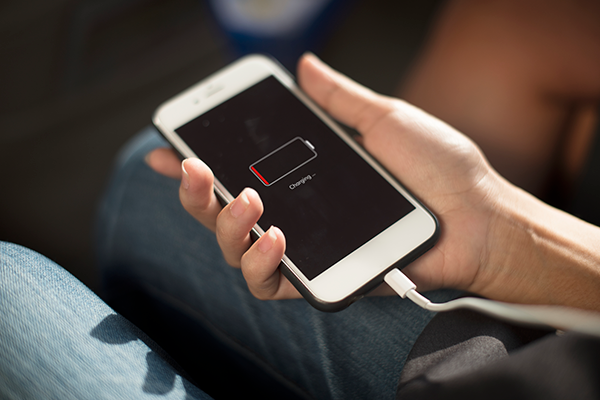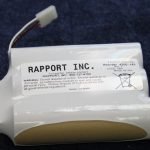Batteries are an intrinsic part of our everyday lives, from powering our cars to our laptops to our phones. Like anything we have been using for decades, there are some old wives tales floating around out there that we really need to debunk once and for all. Here are 5 of the most common battery myths we’ve encountered, where they came from, and the true facts you need to know to get the most power out of your device.
Myth: Car Batteries can’t be stored on concrete floors
There are a number of reasons listed for why people believe you cannot store your car battery on a concrete floor ranging from harming the battery to harming your floor. This is an extremely inconvenient myth since garage floors can reasonably be expected to be constructed from concrete, but we are happy to say that this is no longer true! Snopes.com believes to have found the root of this myth in the fact that “Car batteries used to be encased in hard rubber, a substance that was porous enough that battery acid could seep through it and create a conductive path through the damp concrete, draining the battery.” Battery construction has improved since those days, and you no longer need to worry about your battery draining into your floor – in fact, it may even extend the life of your battery since having a cool surface to sit on may slow the natural discharge that occurs.
Myth: Phone Batteries need to be fully depleted before recharging
This is another myth that is rooted in just enough battery fact to be inconvenient and outdated. Lithium-ion batteries (the ones typically found in phones) prefer to be charged before reaching a true 0%. If you’re a person who tends to kill their phone every day, you may want to invest in an external battery pack to prolong the life of your phone. “Partial discharges and charges actually tend to prolong battery life – 50% discharges can happen between 1,200 and 1,500 times (so 600-750 full cycles) before capacity drops to 70 percent of its original span, compared to 300 to 500 for 0-100 percent charges.” (Telegraph). The myth likely comes from NiMH or NiCa batteries (commonly used in power tools) that DO have a memory (they forget what their full charge feels like over time). Luckily our phone manufacturers know we are going to charge our phones overnight regardless if we are at 90% or 1%, and the batteries used in our phones are designed to accommodate this.
Myth: Store your Batteries in the fridge/freezer
We can’t possibly explain this in a better (or more odd) way than Josh from Howstuffworks, so check out the video below on why storing your batteries in the fridge or freezer is a bad plan.
Myth: Batteries last forever when not in use
If you’ve never used a battery it should still be good when you pop it into a device and try to power it up, right? Not necessarily. All batteries have a shelf life and slowly discharge some amount of energy over time – this rate is determined by temperature, type of battery and a number of other factors. The chart below illustrates the estimated discharge of the different types of batteries when sitting on a shelf.
Myth: Maintenance-free Car Batteries do not require maintenance
Car battery maintenance includes cleaning the contacts on your battery with baking soda and water, cleaning the tightening cable connections, and checking battery fluid levels. Some batteries market themselves as being “maintenance-free”. Unfortunately this can lull some consumers into never giving their battery a second thought, but all batteries still need to be cleaned and tested. Maintenance-free refers instead to the fact that the battery is completely closed and cannot have water added to it. Unfortunately, at some point the water level will get low and your maintenance-free battery will die. Popular mechanics details the proper care and keeping of both types of car batteries to help you get the most out of them.
Whether you need bulk batteries, a brand new battery or a custom solution, Rapport, Inc. is your locally operated Colorado source for electronic manufacturing services. Contact us today to begin our partnership.




